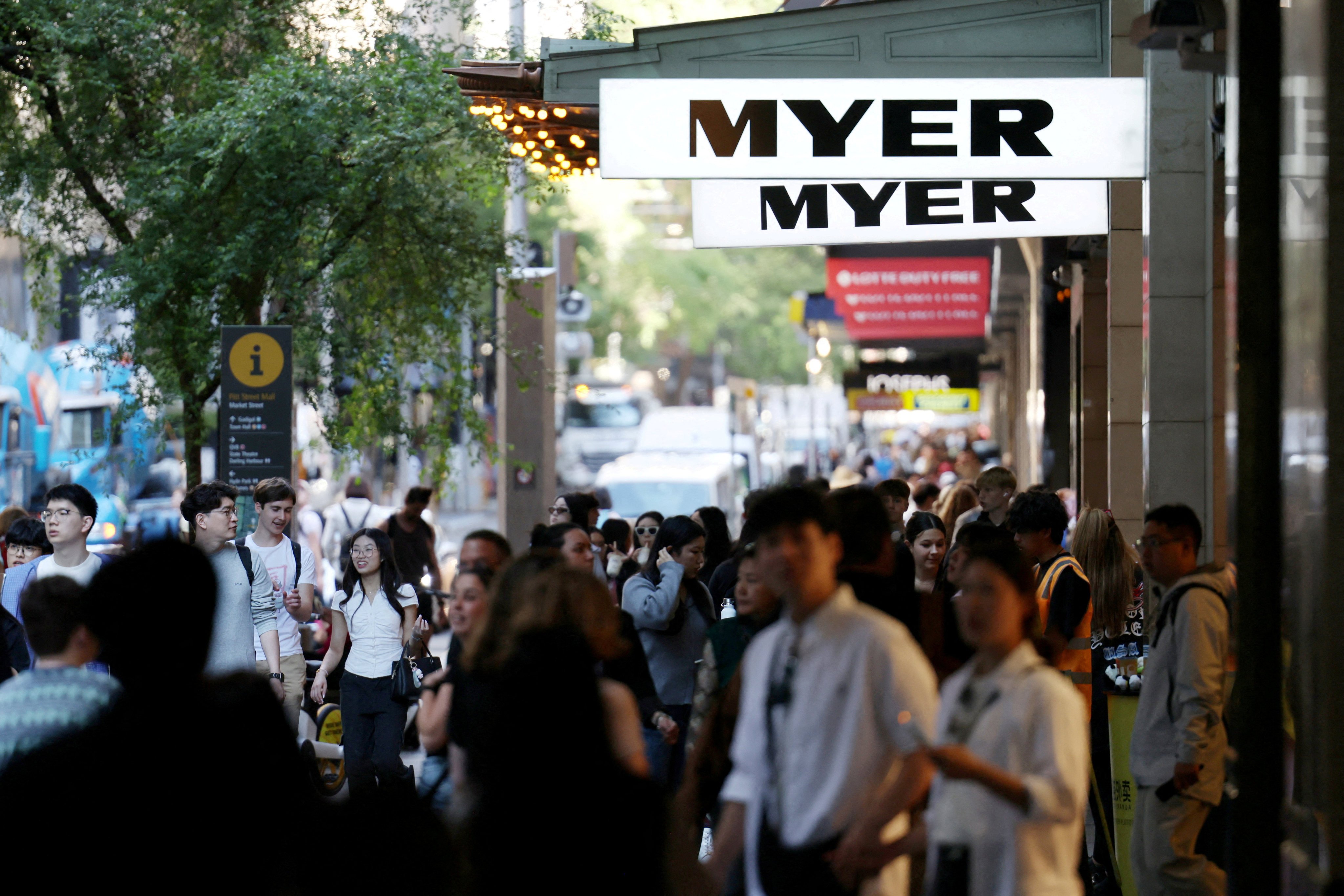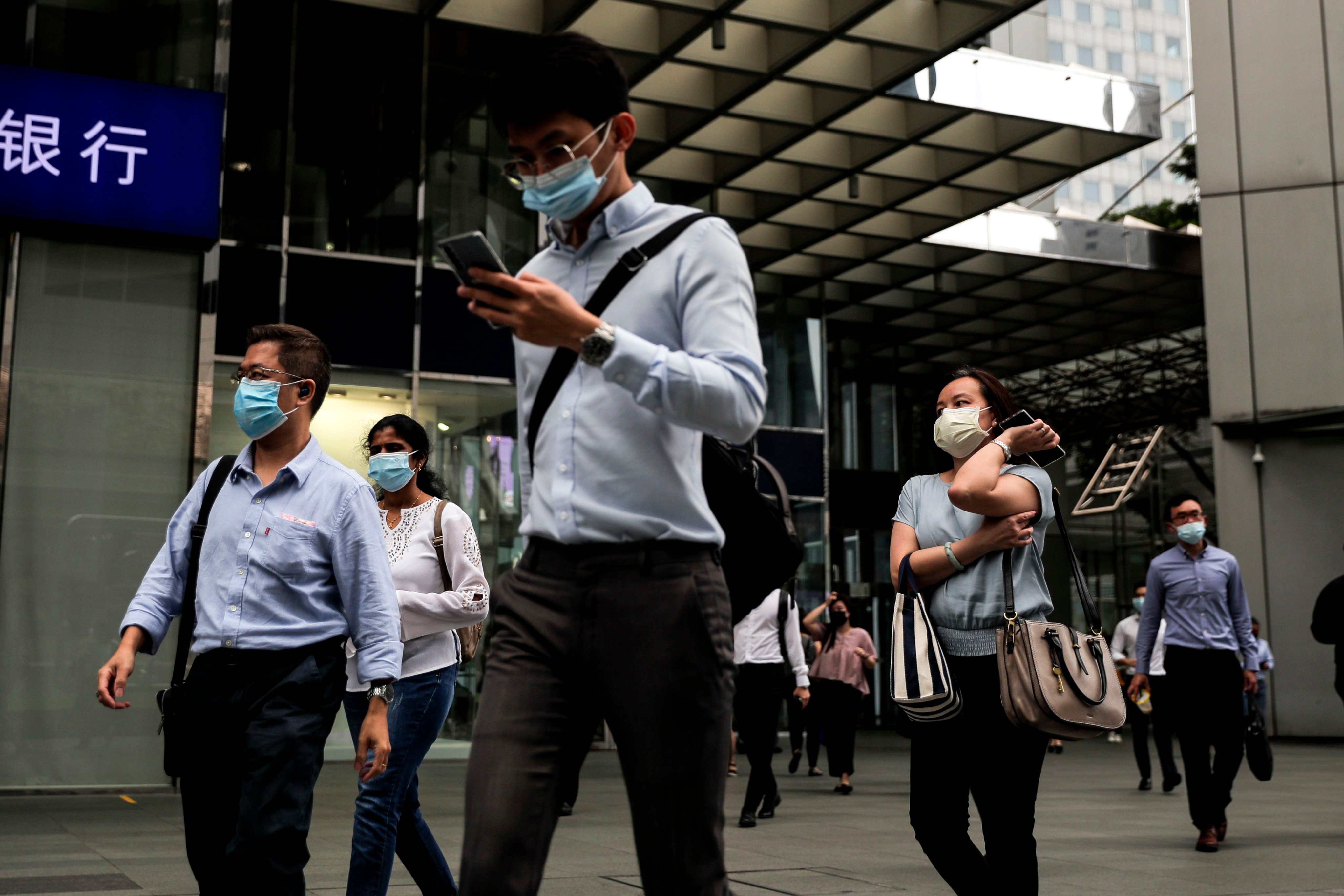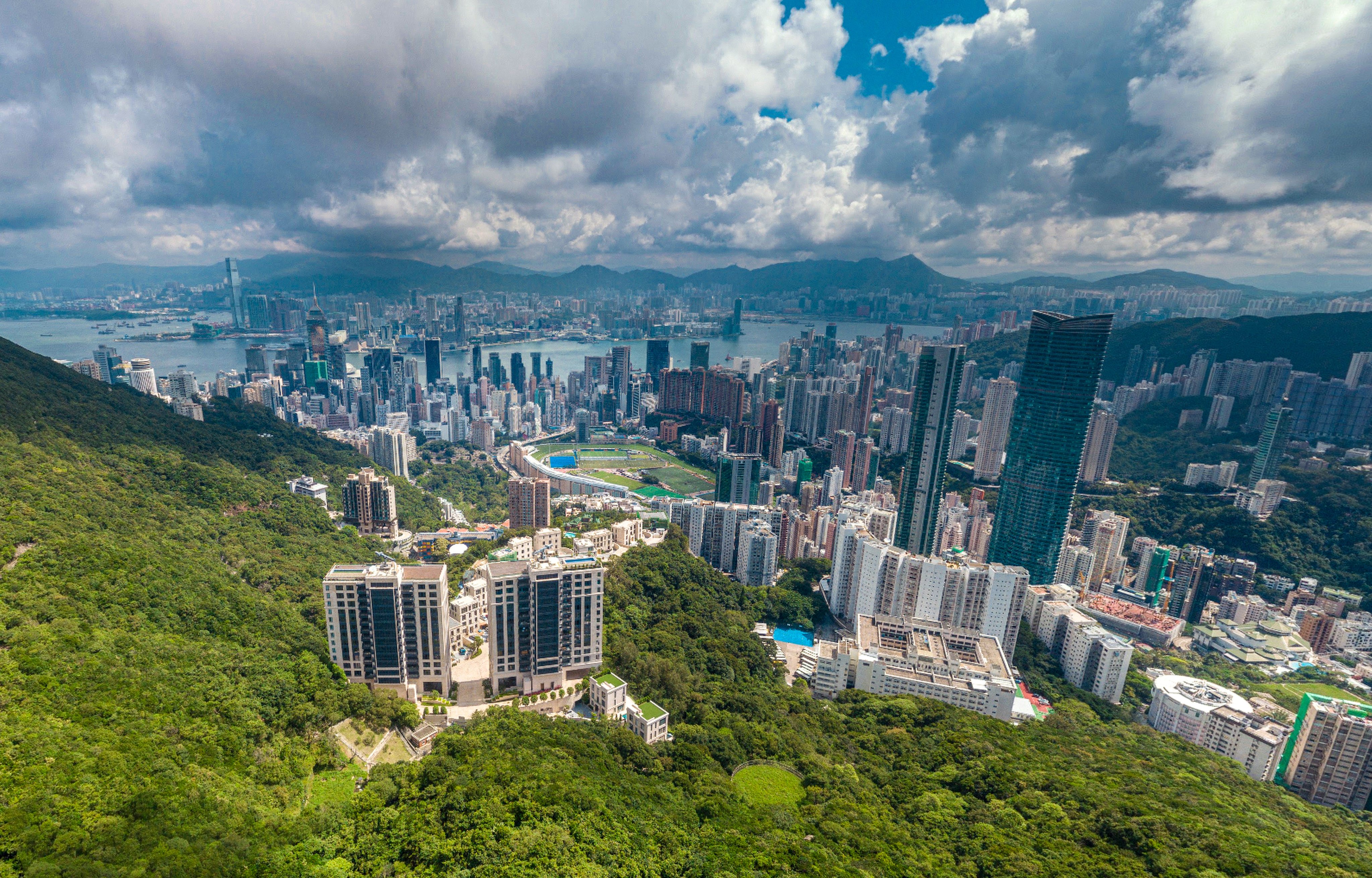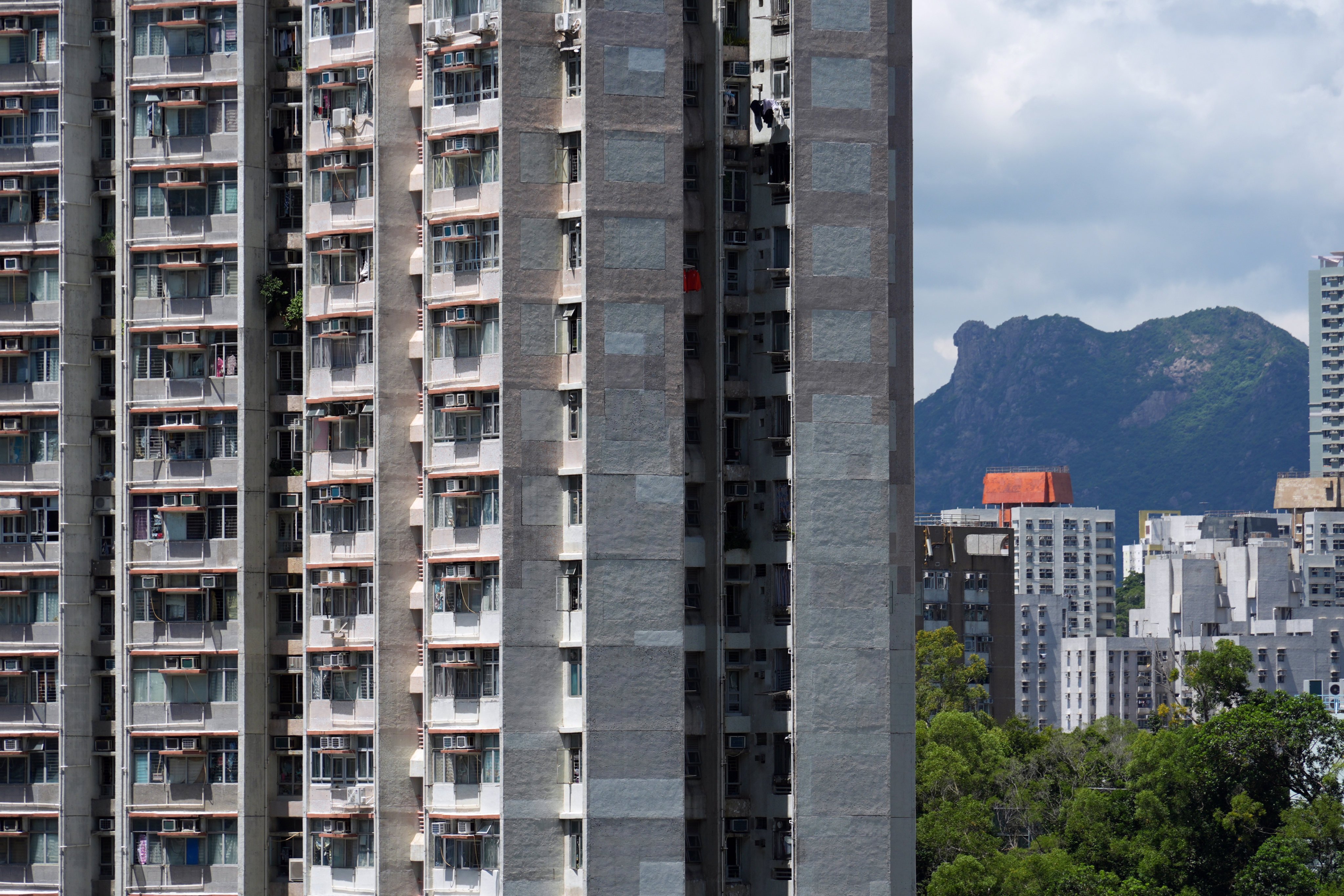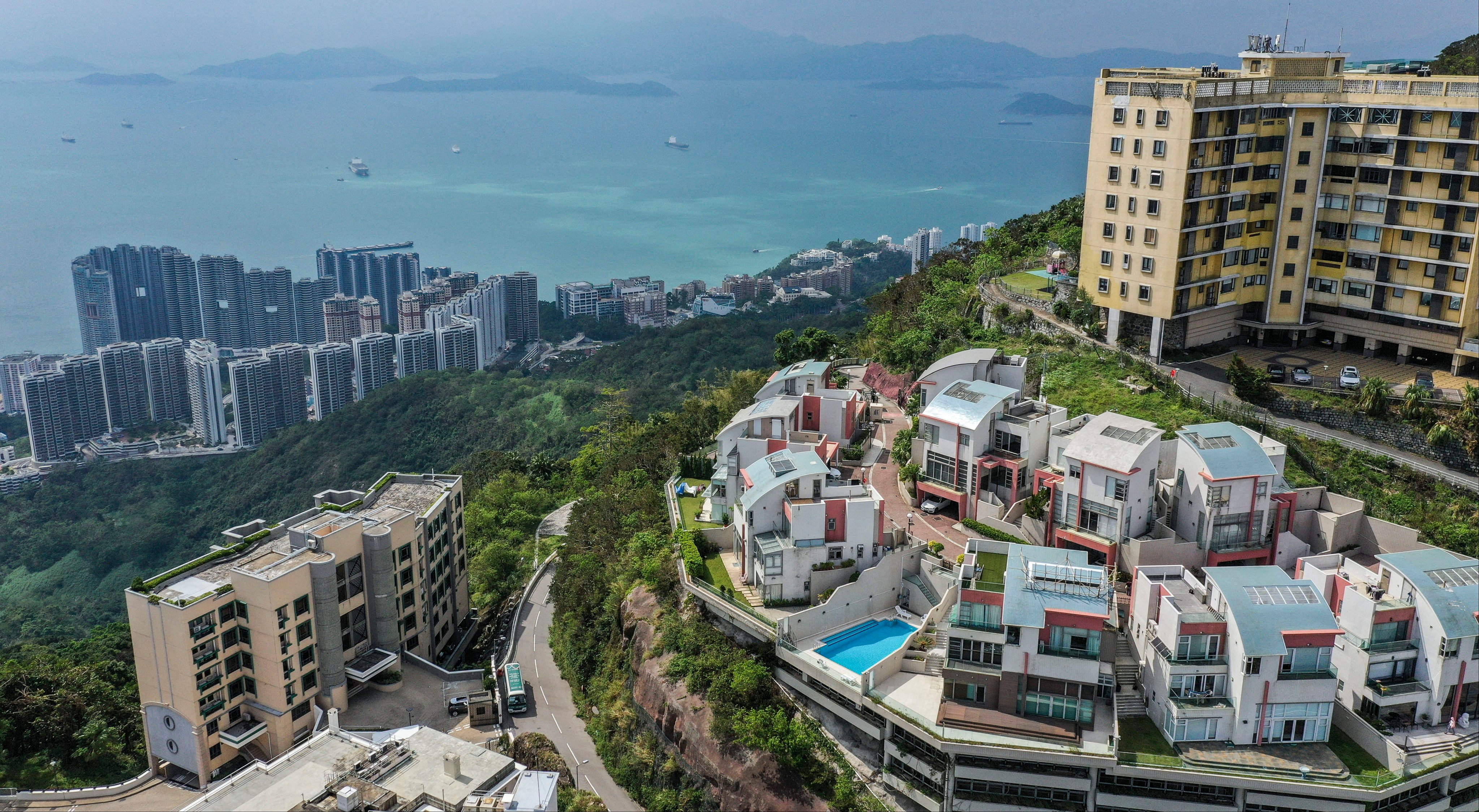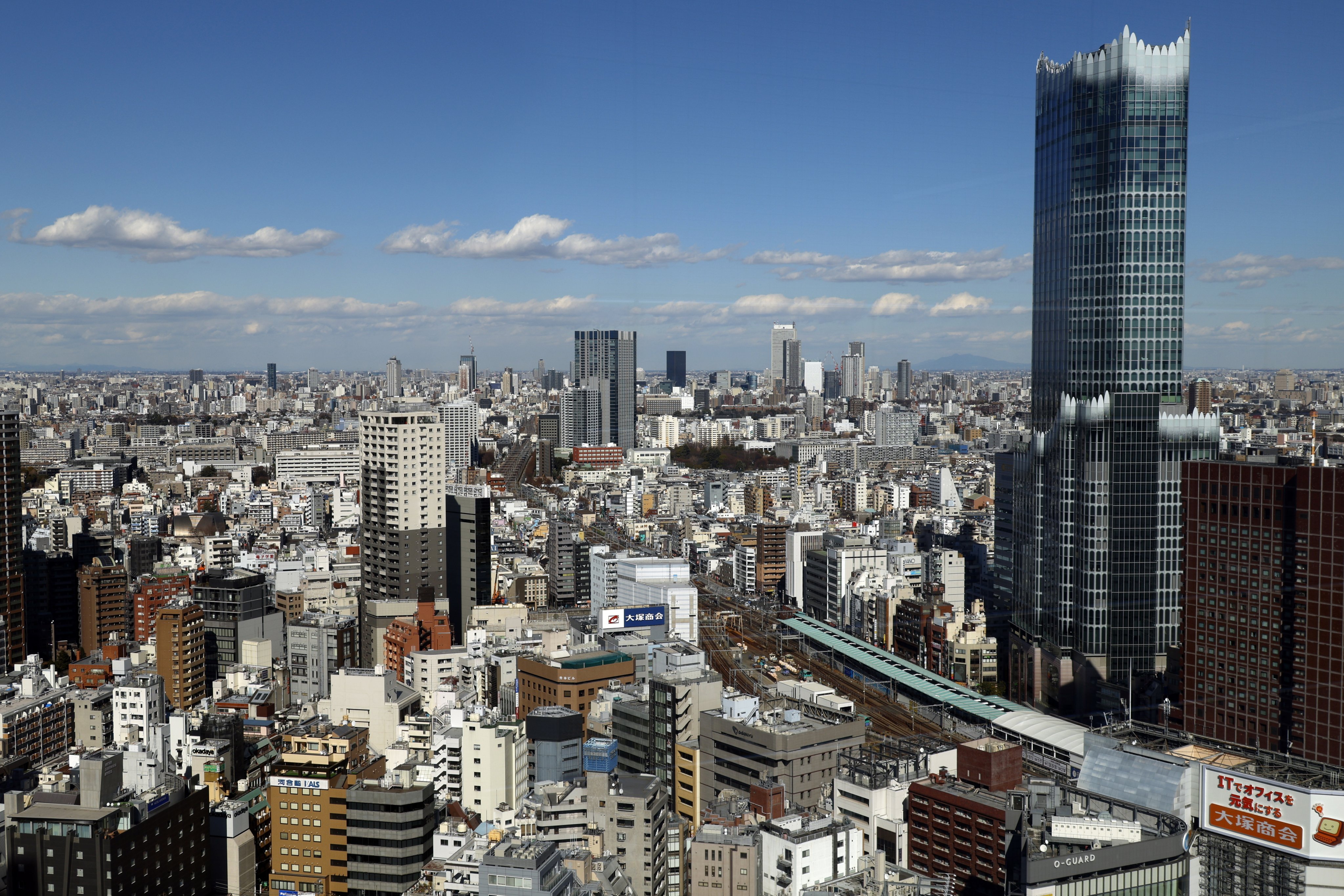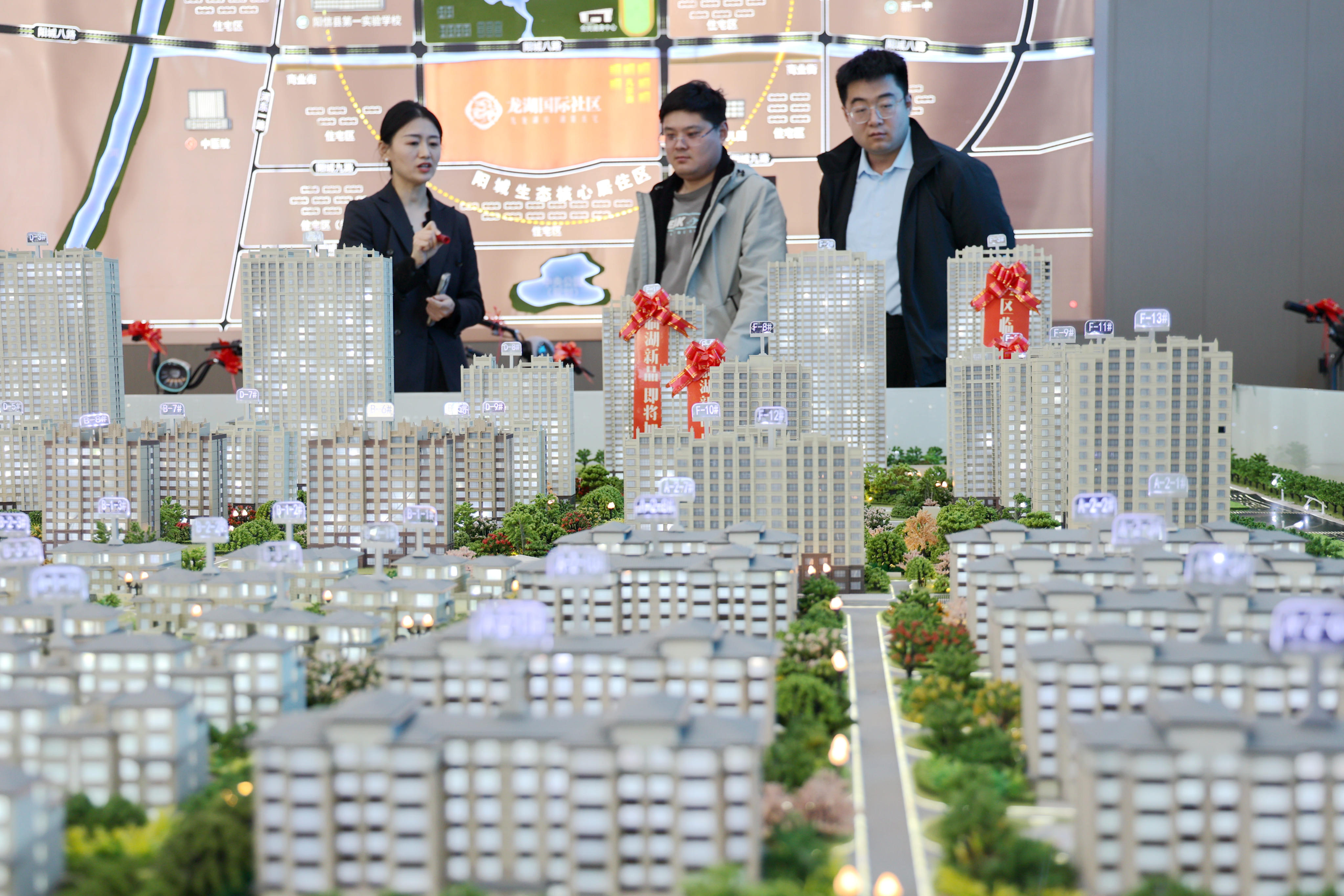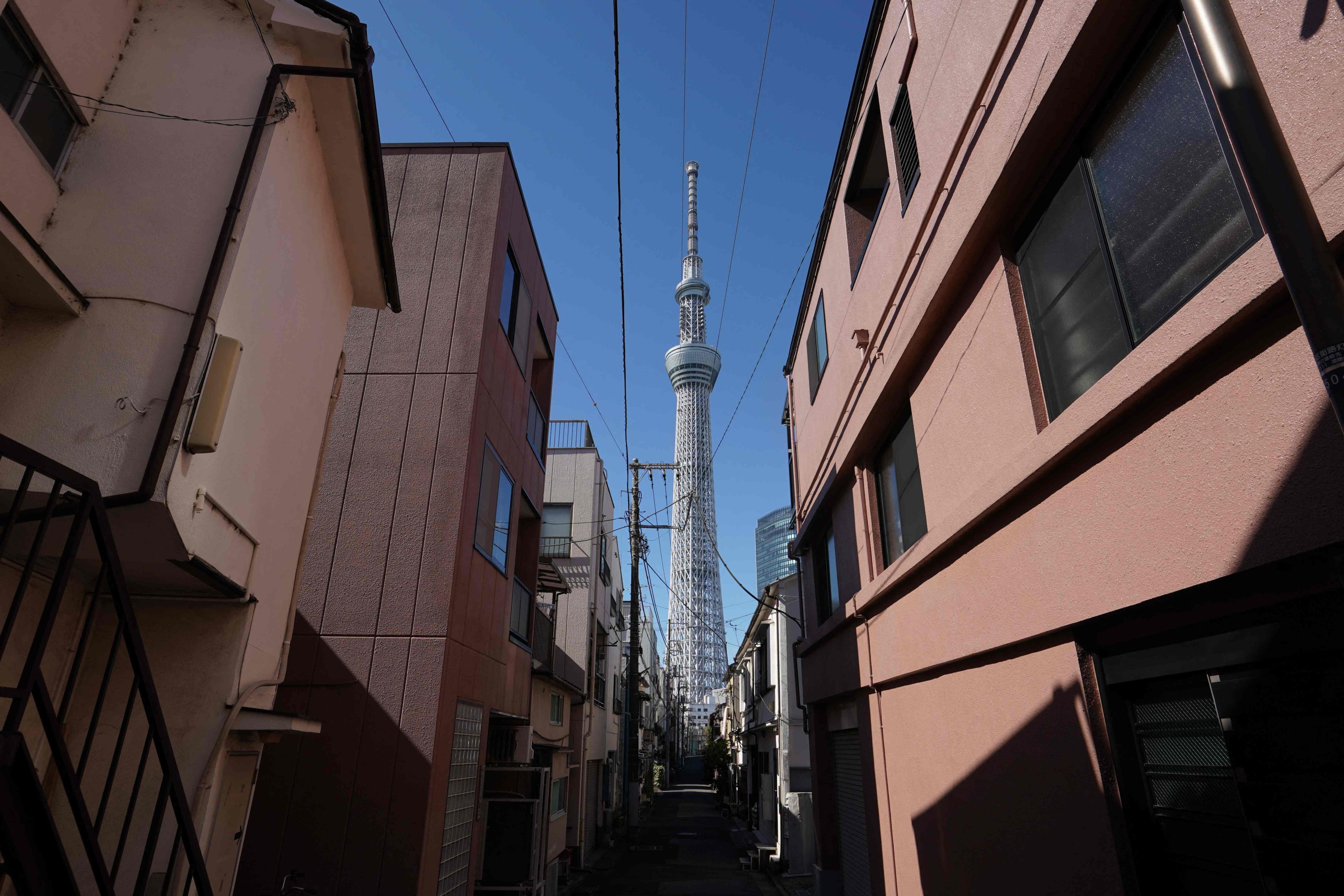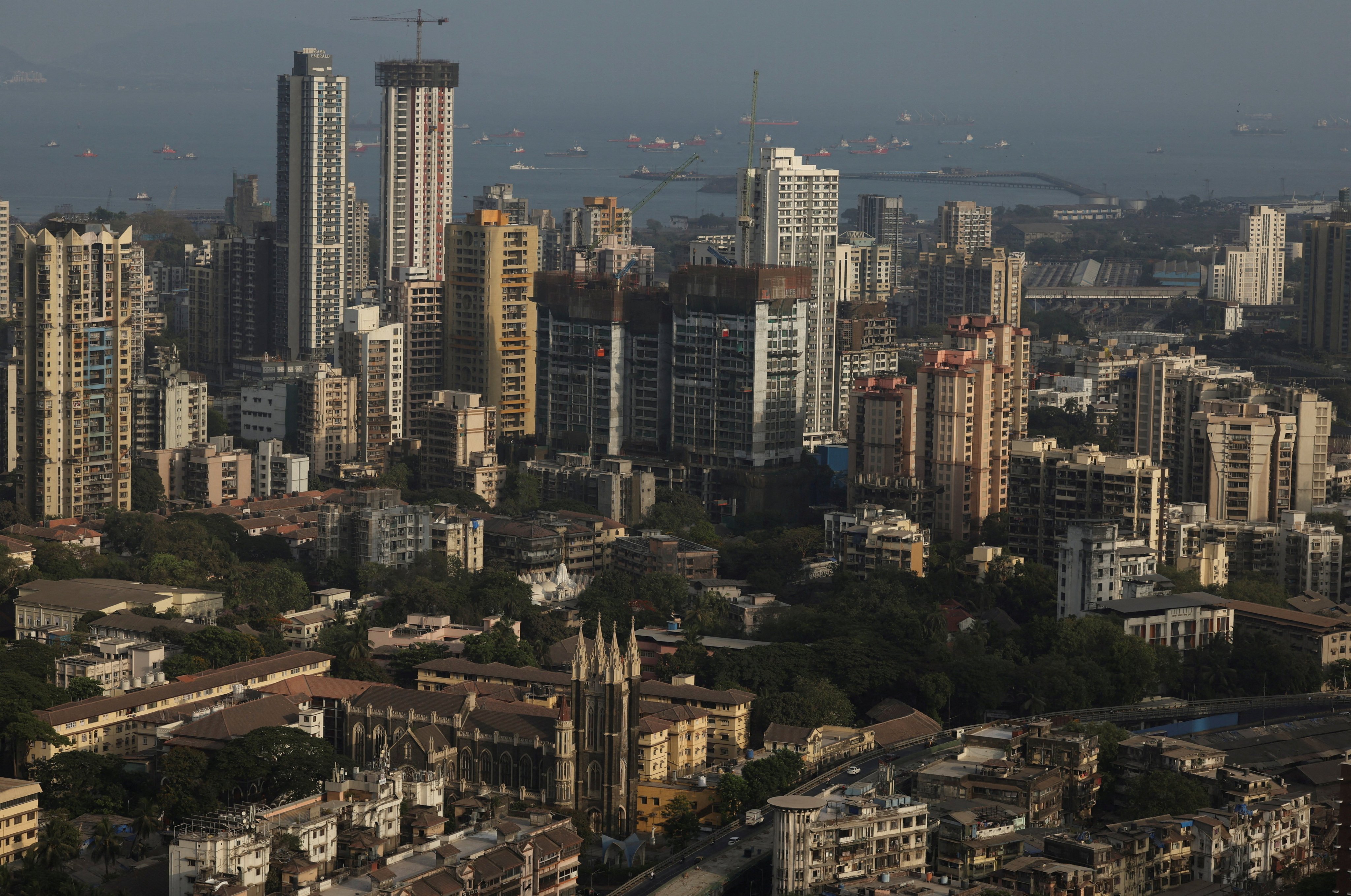Advertisement
Advertisement
TOPIC
Asia housing and property
Asia housing and property
Latest news and analysis about housing and property in Asia, covering sales, market outlook and investment trends, policies related to affordability and foreign ownership, and the performance of developers.
Help preserve 120 years of quality journalism.
SUPPORT NOWAdvertisement
Advertisement
Advertisement
Advertisement
Advertisement
Advertisement
Advertisement
Advertisement
Advertisement
Advertisement
Advertisement
Advertisement
